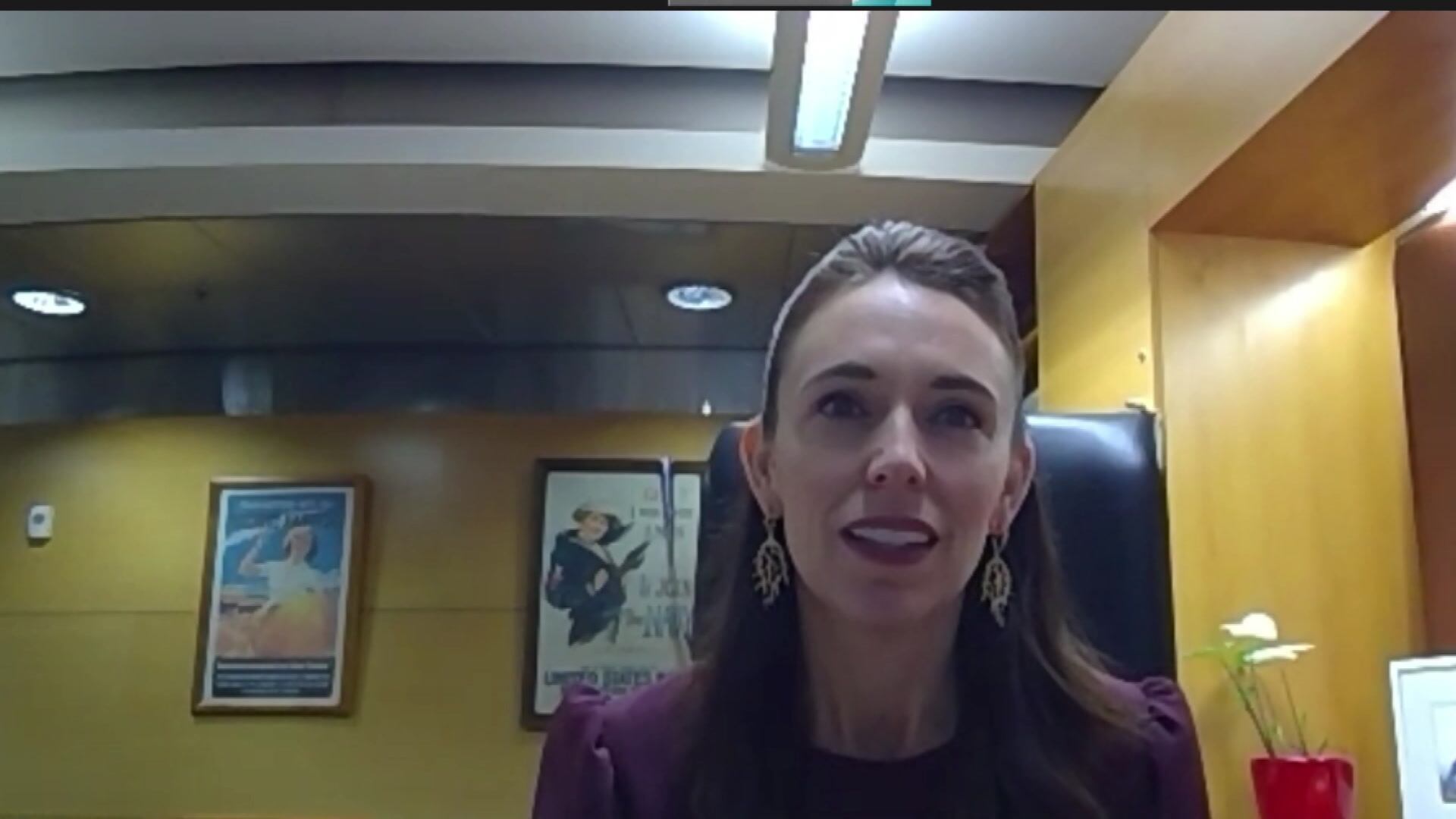The Climate Change Commission says the government needs to work with Māori and local government to ensure the transition to a low emissions economy is based on the principles of Te Tiriti o Waitangi.
The commission says this will ensure the transition to low emissions is both affordable and socially acceptable.
In a report released today by the commission, called Ināia tonu nei: The time is now, an estimate of the cost of lack of action concludes it would cost 2.3 per cent of New Zealand's GDP by 2050.

At a press conference today Prime Minister Jacinda Ardern said based on the commission’s advice there was more to do.
"If we act now and invest in a strong, climate-friendly economy, then the impact on GDP will almost be halved over that period at about 1.2 per cent."
"It's a safer, smarter and cheaper way to choose to act now," she said.
Not on track
In the report the commission says Aotearoa has committed to reaching zero emissions of greenhouse gases by 2050, and to reducing biogenic methane emissions between 24-47% by 2050.
But successive governments had adopted a series of different emissions reduction targets so emissions had increased by 26 per cent since 1990.
The report states, "While the targets changed, they all shared the same short-term focus on planting trees and buying offshore mitigation, rather than what was necessary to achieve actual emissions reductions."
Strategies to low emissions
The commission says the government should:
- provide affordable, reliable and convenient low-emissions alternatives to high emissions vehicles;
- introduce policies, incentives and tools to speed up emissions reductions from agriculture.
- supporting farmers to identify changes needed and make them;
- reduce reliance on forestry carbon removals and manage the impacts of afforestation; and
- make sure all government policy and investment decisions support the transition to low emissions.
The commission says achieving the emissions reductions needed to get to 2050 will require elected officials to move fast to implement a comprehensive plan.
